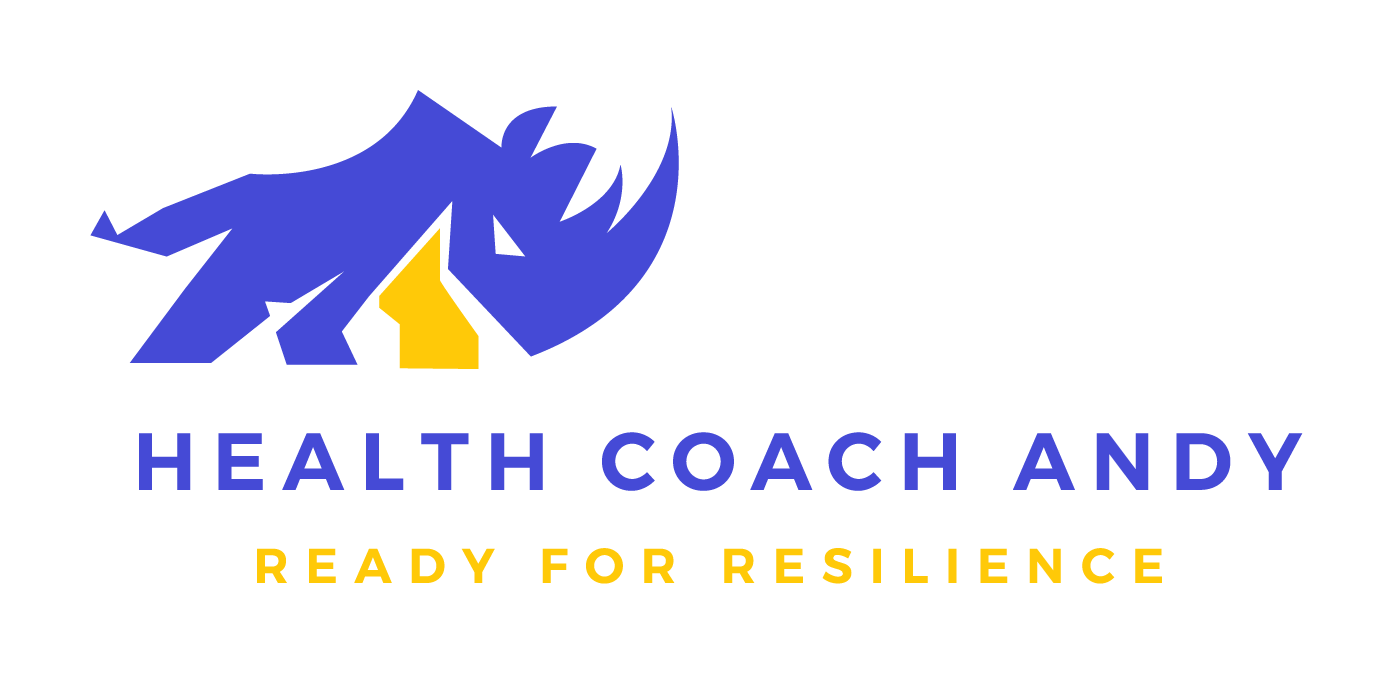Drop Conventional Wisdom
Question What You’ve Been Told About Health and Food
Let’s not sugarcoat this. Modern conventional nutrition and health wisdom have left our populations in a state of mediocre health, at best. Most people over 40 are 'a bit' round, 'a bit' lethargic and visit the doctor a few too many times each year. We are most likely looking forward to decades of being overweight, accumulating aches and pains and relying progressively more on clinical care and a sizable list of medications. Most of which we’d be happy to avoid.
“[Conventional wisdom] very heavily tends to reflect the preferences and the interests of the elite.”
― Paul Krugman
I don't want to bang on about 'the elite', that's a loaded term these days, but Mr Krugman’s quote makes a great point. Those formulating dietary guidelines aren't truly tasked with defining what'll bring us optimal health and circulating these insights for the betterment of all. General population recommendations end up being principally the whims and agendas of those with a stake (often financial or dogmatic) in advancing the interests of their own belief systems and profit-driven enterprises.
In my quest to attain a Bachelor of Health Science, with a strong emphasis on health research methodology, biochemistry and the analysis of scientific literature, one thing became clearly apparent. Dietary recommendations don't necessarily reflect the most pertinent discoveries of nutrition research. They are filtered and manipulated by vested interests, rigid ideologies and, of course, the mighty dollar.
Rewriting the Book
If we adopt a way of eating contrary to the dietary guidelines, such as nutrient-dense low-carb, keto or vegetarian, then in essence, we are undertaking our own practical experiment that will most likely tackle at least some of the following (largely incorrect) examples of current conventional wisdom.
• There are 5 food groups. We must consume food from all groups to be healthy.
• Saturated fat causes heart disease.
• Everything in moderation is a good rule of thumb.
• We need to ingest energy to transition from a sleeping state and satisfy the energy demands of the day.
• We must consume whole grains and other starchy/fibrous food to ensure a consistent energy supply.
• We need to eat regularly spaced meals of equivalent size to maintain a steady metabolism and balance the all-important equation of calories ingested versus calories burned.
The experience and revelations coming from the new wave of popular nutrient-dense eating styles (such as Paleo, Vegetarian, Keto, Vegan and Low Carb) have allowed us to see conventional wisdom in a new light. These approaches have proven successful, to varying degrees, in improving many health conditions whilst being fundamentally different (or even directly opposed) to conventional dietary recommendations.
We wouldn’t however (completely) throw the baby out with the bathwater; we are intelligent and we'll go with what's useful and discard what doesn't work. It's a case of observing how we react to changes and proceeding with the improvements that bring results. We'll be developing our tool kit of reason, for ourselves.
“It is useless to attempt to reason a man out of a thing he was never reasoned into.”
― Jonathan Swift
When we undertake one of these dietary changes (I myself prefer guiding people through the nutrient-dense low-carb option.), oftentimes the first 2 to 4 weeks of transitioning to a nutrient-dense way of eating are the most difficult. We are letting go of some of our lifelong food habits. In some cases, we are saying goodbye to a few favourite foods (But we’re also getting the green light on a lot of amazing foods that we may have avoided previously, due to the “fear of fat” drilled into us via conventional wisdom).
We might, early in the process, fixate and grumble about missing crackers, bread, and cereal. We may exhibit symptoms stemming from withdrawal from the addictive nature of these foods. Understanding this is key and will help us build the mental fortitude to ride out the process. 'Knowledge is power' so to speak. Constructing our foundation of superior foods will, over time, deconstruct our attachment to those that have undermined our health for far too long. We’ll explore the rationale behind these choices in future blogs.
Conventional wisdom will make way for intelligent choices determined by ourselves. Bit by bit, the reasoning will fall into place.
To work with Andy, please schedule a consult at https://www.healthcoachandy.com
Recent HCA Instagram posts:





